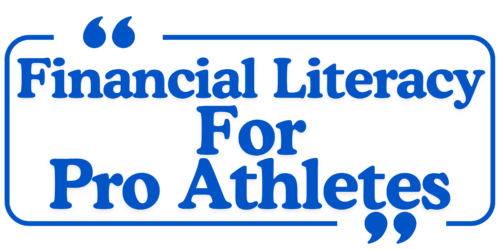Curriculum: Non-Profit Literacy: Starting and Managing Charitable Organizations
Module 1: Introduction to Non-Profits
- Objective: Understand what a non-profit organization (NPO) is and its unique characteristics.
- Topics Covered:
- Definition and purpose of non-profit organizations
- Key characteristics of non-profits: tax-exempt status, charitable mission, and profit distribution
- Differences between non-profits, for-profits, and social enterprises
- Overview of various types of non-profits (501(c)(3), 501(c)(4), etc.)
Module 2: Creating Your Non-Profit Organization
- Objective: Learn the steps involved in starting a non-profit.
- Topics Covered:
- Identifying a mission and vision for your non-profit
- Researching community needs and potential impact areas
- Forming a board of directors: roles, responsibilities, and how to select members
- Writing a business plan for your non-profit organization
Module 3: Legal Requirements and Structure
- Objective: Navigate the legal framework for establishing a non-profit.
- Topics Covered:
- Choosing a legal structure for your non-profit (corporation vs. unincorporated association)
- Filing for tax-exempt status: steps to apply for 501(c)(3) status with the IRS
- Understanding state-specific requirements and regulations
- Drafting and adopting bylaws: importance and key components
Module 4: Fundraising Strategies for Non-Profits
- Objective: Discover effective fundraising methods to support your organization.
- Topics Covered:
- Different types of funding: grants, donations, sponsorships, and fundraising events
- Developing a fundraising plan: setting goals and identifying target audiences
- Building relationships with donors and sponsors: best practices for engagement
- Utilizing digital platforms and social media for fundraising campaigns
Module 5: Financial Management for Non-Profits
- Objective: Understand how to manage finances within a non-profit organization.
- Topics Covered:
- Budgeting for non-profits: creating and managing an annual budget
- Importance of accounting practices and financial reporting
- Compliance with financial regulations: audits and annual filings
- Understanding funding cycles and cash flow management
Module 6: Marketing and Public Relations for Non-Profits
- Objective: Learn how to promote your non-profit and engage the community.
- Topics Covered:
- Creating a branding strategy: mission statements, logos, and messaging
- Utilizing social media and digital marketing to raise awareness
- Developing relationships with media outlets and community leaders
- Engaging volunteers and supporters: building a strong network of advocates
Module 7: Program Development and Evaluation
- Objective: Gain skills to develop and assess programs that align with your mission.
- Topics Covered:
- Identifying and designing programs to meet community needs
- Setting measurable objectives and outcomes for programs
- Evaluating program effectiveness: tools and methods for assessment
- Adjusting programs based on feedback and evaluation results
Module 8: Compliance and Governance
- Objective: Understand the importance of compliance and good governance practices.
- Topics Covered:
- Overview of non-profit governance and the role of the board of directors
- Legal obligations for non-profits: compliance with federal and state laws
- Importance of transparency and ethical practices
- Handling conflicts of interest and maintaining accountability
Module 9: Sustainability and Growth Strategies
- Objective: Learn how to ensure long-term success for your non-profit.
- Topics Covered:
- Developing a strategic plan for growth and sustainability
- Diversifying funding sources: avoiding reliance on a single revenue stream
- Building community partnerships and collaborations
- Preparing for leadership transitions and succession planning
Module 10: Case Studies and Best Practices
- Objective: Analyze successful non-profit organizations and their strategies.
- Topics Covered:
- Case studies of successful non-profits founded by athletes or in the sports sector
- Lessons learned from challenges faced by non-profits
- Best practices for operating effective charitable organizations
- Inspirational stories of impact and change from the non-profit sector
Assessment and Certification
- Objective: Evaluate understanding and provide certification upon completion.
- Components:
- Quizzes at the end of each module to assess knowledge retention
- A final exam covering all modules
- Certificate of completion for successful participants
Interactive Elements
- Webinars and Q&A Sessions: Host live sessions with non-profit experts to discuss important topics.
- Discussion Forums: Create a community space for athletes to share experiences and insights related to non-profit management.
This curriculum aims to empower professional athletes with a comprehensive understanding of starting and managing non-profit organizations, enabling them to give back to their communities while also enhancing their personal and professional brand.
4o mini
